‘Jumbo loans.’ It’s a term we hear frequently and see advertised regularly. But what exactly is a jumbo loan, and how did ‘jumbos’ come to be?
Origins
The world of home loans -- including co-op and condo mortgages -- has changed and evolved in the past few decades. Prior to the Savings and Loan crisis of the 1980s and 1990s, home loans were originated by banks and held ‘in portfolio,’ as an asset. That meant if you took a loan with, say, the New York Community Bank, Apple Bank, or Citibank, the mortgage was held and administered by that bank until such time as it was paid off through either the sale of the property or the loan’s final amortizing payment.
The Savings and Loan crisis changed all that. Out of the ashes of that traditional lending infrastructure arose the practice of mass securitization--the origination, packaging and sale of blocks of loans on what’s known as the secondary market. One of the main purchasers of these loans is the Federal National Mortgage Association (FNMA, a.k.a., Fannie Mae). Founded during the Great Depression, FNMA does not originate loans or provide loans to borrowers. Rather, it acts as a marketplace for the sale of previously originated loans, which helps member banks maintain liquidity and continue lending.
Characteristics
The main distinguishing factor of a jumbo loan, explains Robbie Gendels, a senior loan officer at National Cooperative Bank (NCB) -- a national lender on both individual co-op and condo units, and of underlying permanent mortgages for co-op buildings -- is its size. “A jumbo doesn’t meet FNMA guidelines with respect to size. It exceeds FNMA’s limits. It can’t be purchased, guaranteed, or securitized by FNMA.” The dollar limit for a mortgage to be accepted by FNMA stands at $626,525.
So are jumbo mortgages treated differently than conventional loans? Not substantially, explains Gendels. “Terms and underwriting may vary from bank to bank,” she says. “Credit score requirements are usually a little higher, in the 700-750 range, and down payment requirements may be slightly higher as well. It depends on the bank, some may ask for 10 percent down, others 20 percent. Terms such as the length of the loan, interest rate, and amortization schedules, tend to be consistent with smaller loans that qualify for FNMA purchase.” What’s available in terms of loan structure will also depend on what product the particular bank offers, fixed rate, adjustable rate mortgage (ARM) or other products.
Do Jumbo Mortgages Get Securitized?
Whether or not a particular financial institution sells its jumbo originations into securitizations or keeps them in portfolio depends on the institution. Gendels reports that NCB keeps its jumbos in portfolio. Like sub-par loans (loans with riskier attributes, such as borrowers with low credit scores or other credit impairments), jumbos can be sold into securitizations on the secondary market, though not to FNMA or the Federal Home Loan Mortgage Corporation (a.k.a., Freddie Mac), another quasi-governmental lending institution active on the secondary market.
In the final analysis, jumbo mortgages are distinguished from their conventional counterparts almost entirely by their size. The processes by which the loans are made are nearly identical, accounting for factors such as the loan-to-value ratio of the property; the borrower’s ability to repay; and the borrower’s credit-worthiness. While terms may differ from one institution to another, there is little variation in the actual terms of the mortgages with regards to interest rates, loan length, etc. The ability to repay is still the paramount consideration.
AJ Sidransky is a staff writer at The Cooperator, and a published novelist.



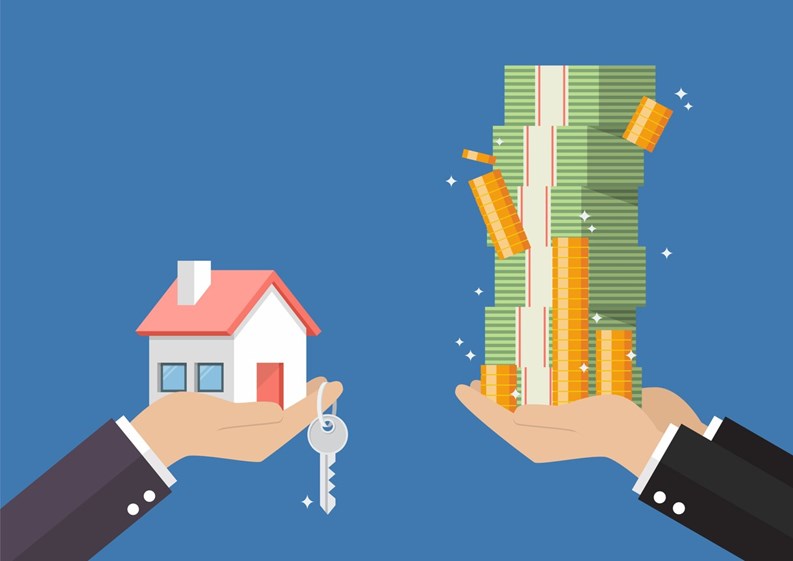
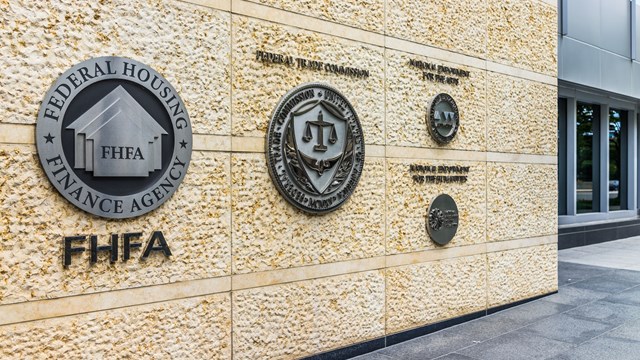
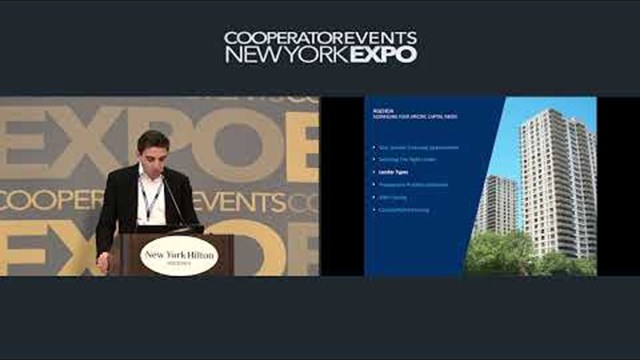
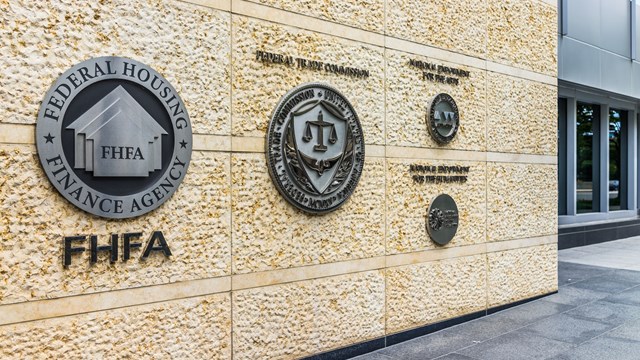
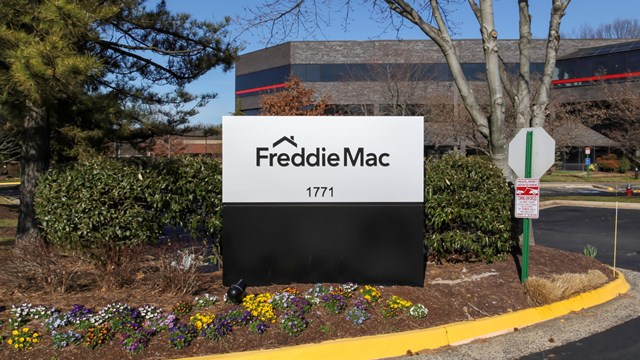
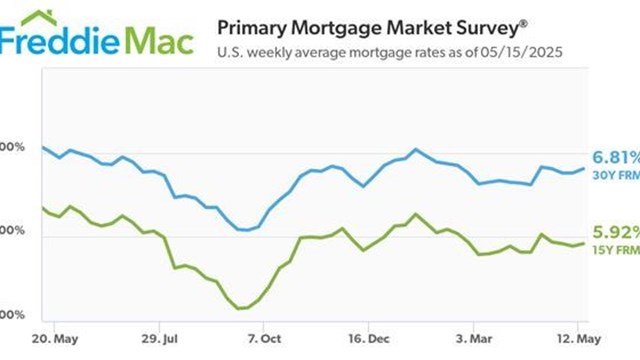
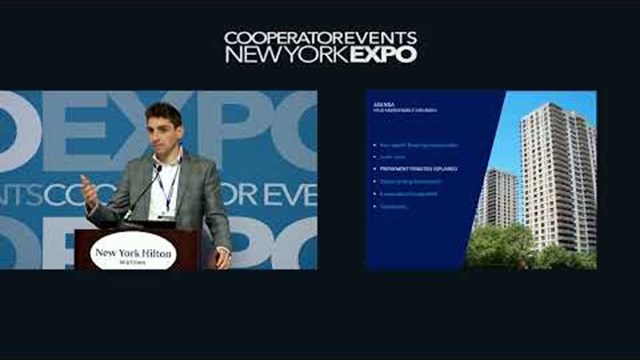
Leave a Comment